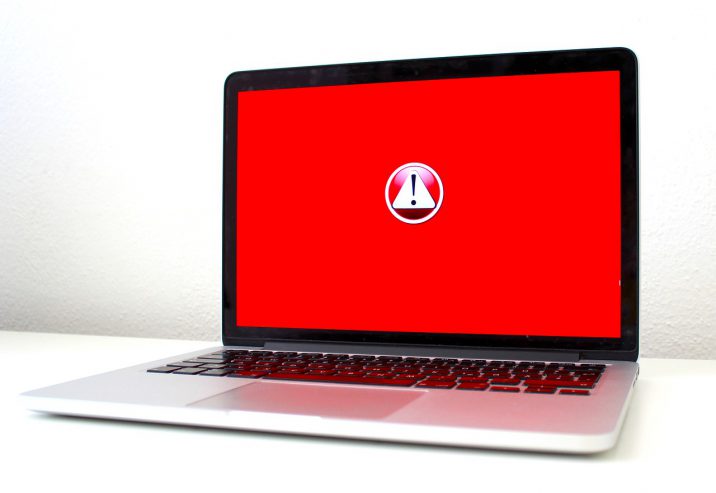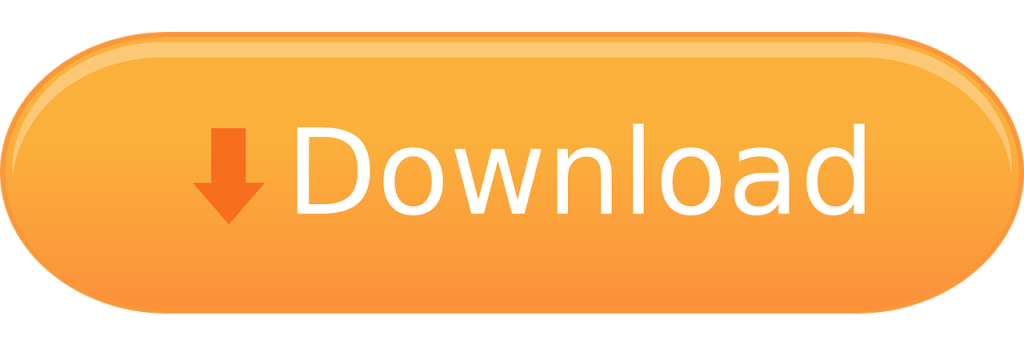
Not long ago, my mother phoned me and frantically explained that a website informed her of over a thousand viruses on her PC which she needed to remove right away. Thankfully this was just an advertisement that popped up while she was trying to download freeware. Downloading freeware isn’t always safe, and if she clicked “download now” on that ad, it could’ve led to a malware entering her PC. Let’s talk about a few steps you can take to protect yourself from malware while downloading free applications or trying to find the reliable Bet9ja Promotion Code.
Check the Website Address
The first thing you should check is if the website address contains “HTTPS” at the beginning, a lock symbol, or both. This means that the website you are downloading from is secured trough SSL/TSL encryption and purchased a certificate, making it harder to hack.
Not all trusty websites have this encryption, however. Even some antivirus websites lack it, but it is advised to be careful when trying to download something from a website without encryption.
Click the Correct Download Button
If you visit a download page for a freeware, chances are you will be greeted with multiple download buttons. Most ads today contain one of them, so how do you choose the right one?
Look at the placement of the button and try to figure out if it is in a correct place or space where an add would be. Alternatively, click and check if the correct file is downloaded.

Use an Antivirus Program
Whether you trust a website or not, having an active antivirus and malware protection is advised. These programs will actively scan your computer for incoming threats and perform scans from time to time.
You can easily download free antivirus software online, and most of them are as good as paid ones. That said, some malware can still fool the antivirus program, so you aren’t completely safe even with it.
Avoid Downloaders and Installers
Right after you download a file or a program you want, check its name. If the name contains “downloader” or “installer” then it is better to avoid it and look for the alternative.
Every legitimate freeware can be unpacked and installed by the operating system. Installers and downloaders are often called “potentially unwanted programs” and they usually contain other programs and malware that they install on your PC, often without your knowledge.
Always Select Custom Installation

When you finally decide to start installing the program you downloaded, it will give you two options: quick installation and custom installation. While some programs might say that quick install is the “recommended” option, always go for custom.
Many freeware programs also install other freeware that you didn’t even want when you choose the quick install option. Choosing custom install will let you prevent the additional things from being installed by just checking off a few boxes.
Use Common Sense
This one is probably the most important. When trying to download any freeware, use your head. If the offer seems a little bit too perfect or a download button isn’t where it is supposed to be, something might be wrong. Always think first and click second, and think of the ways you would try to hide malware if you wanted to trick people to install it on their computers.
